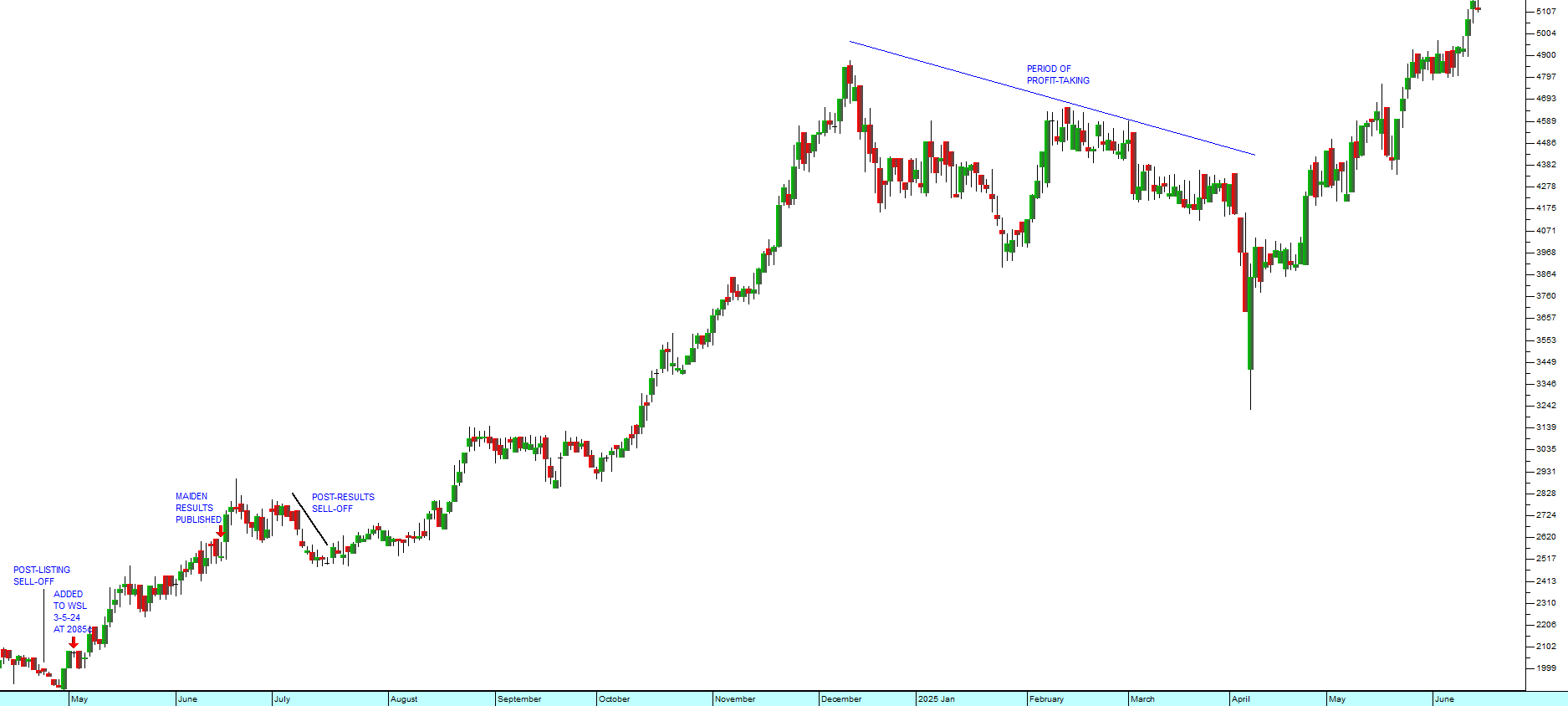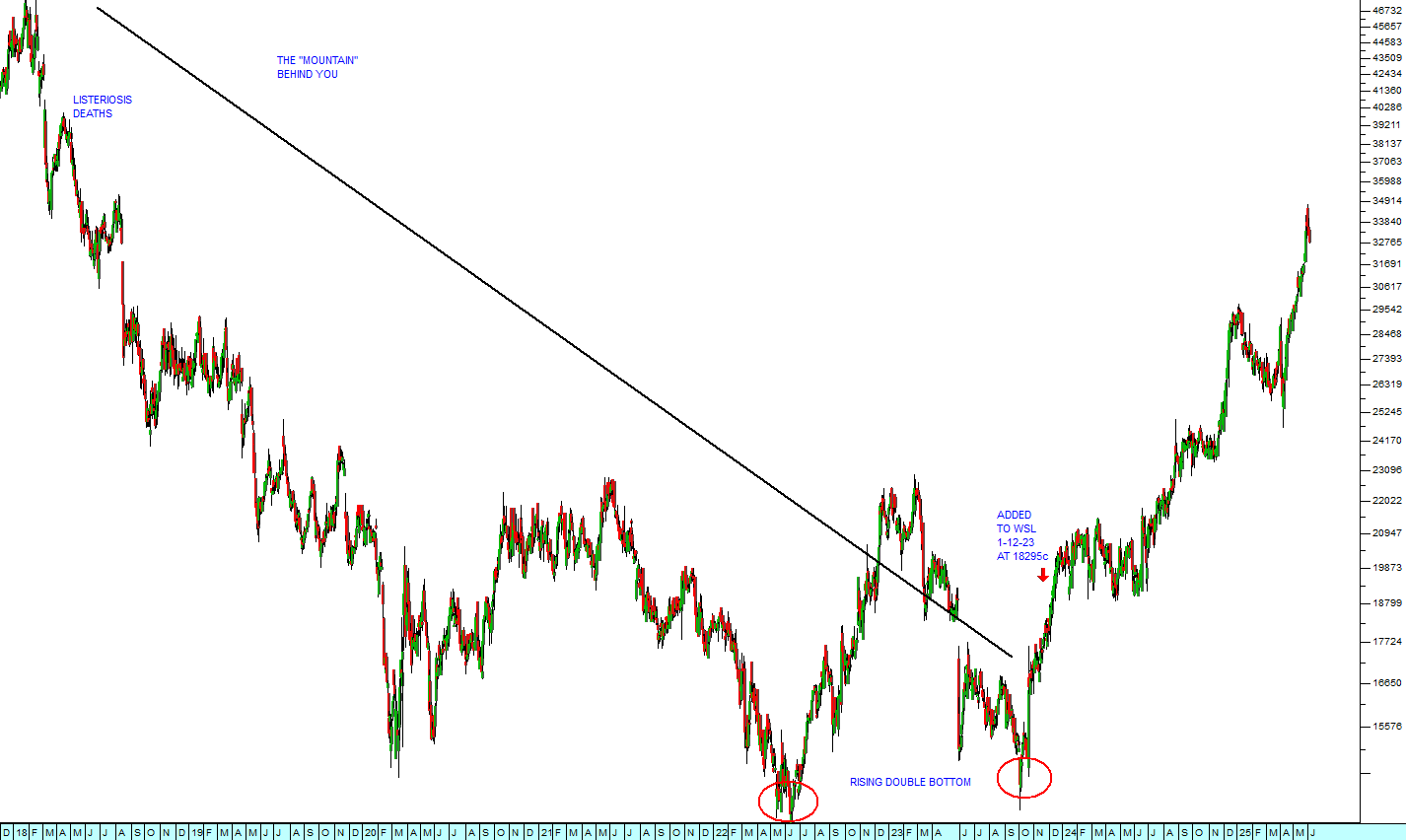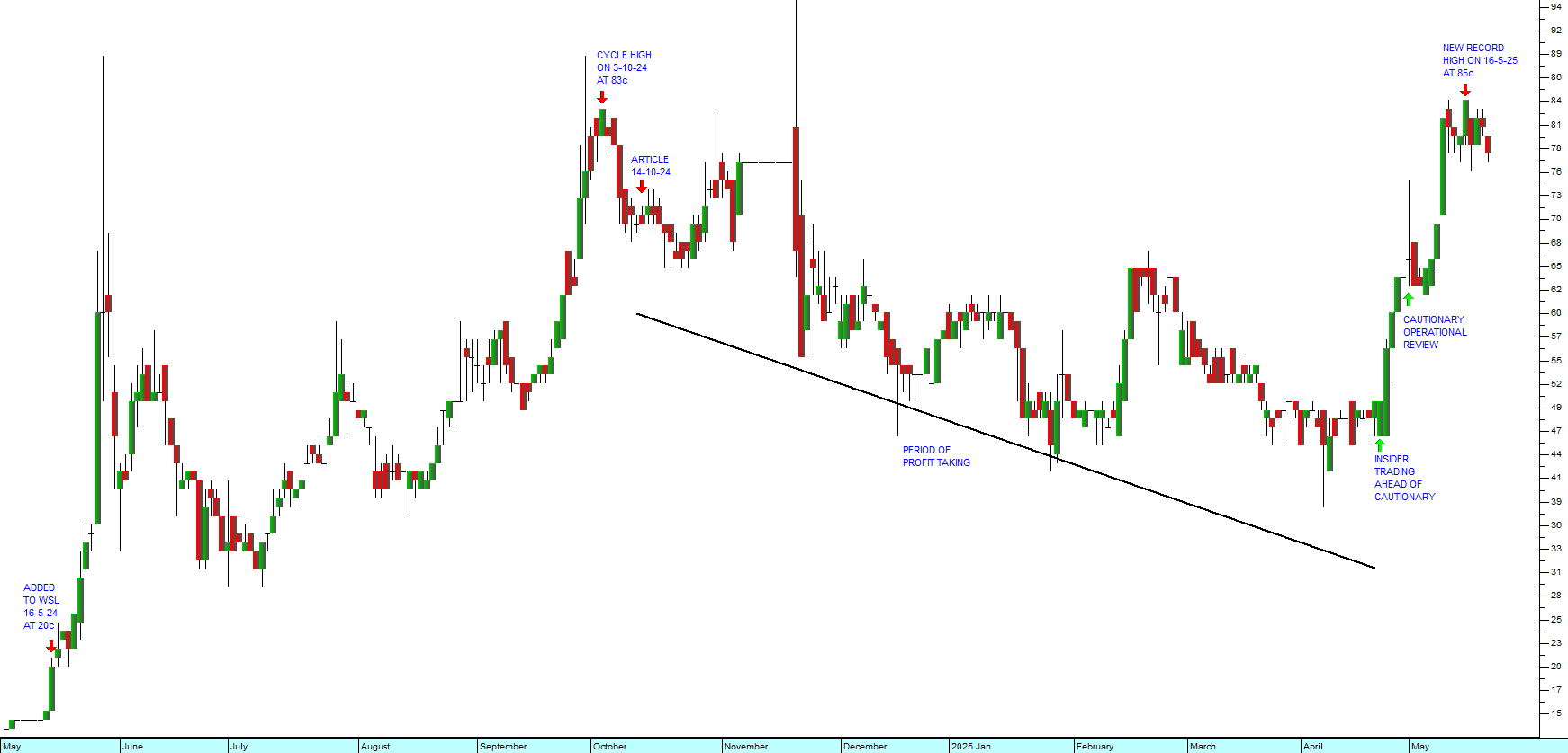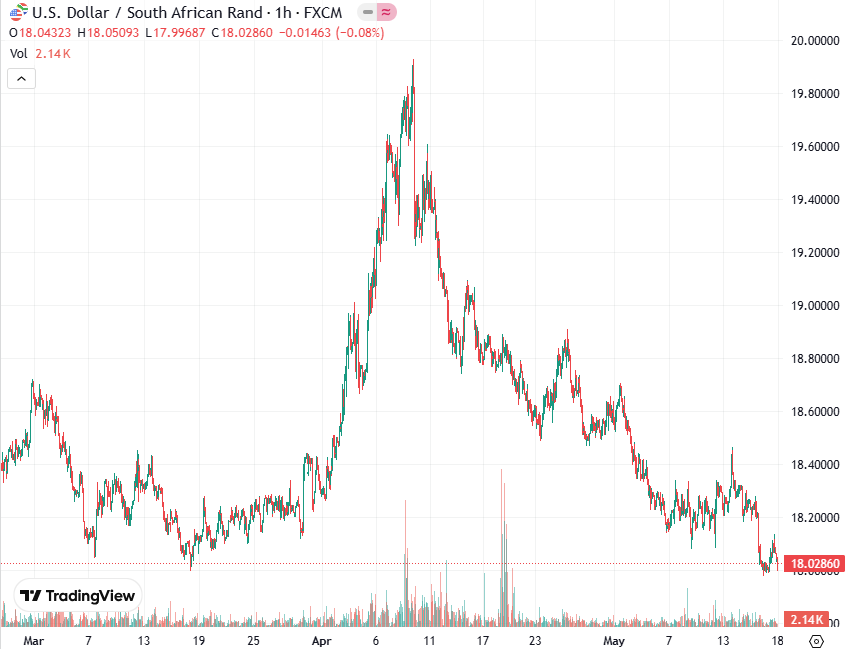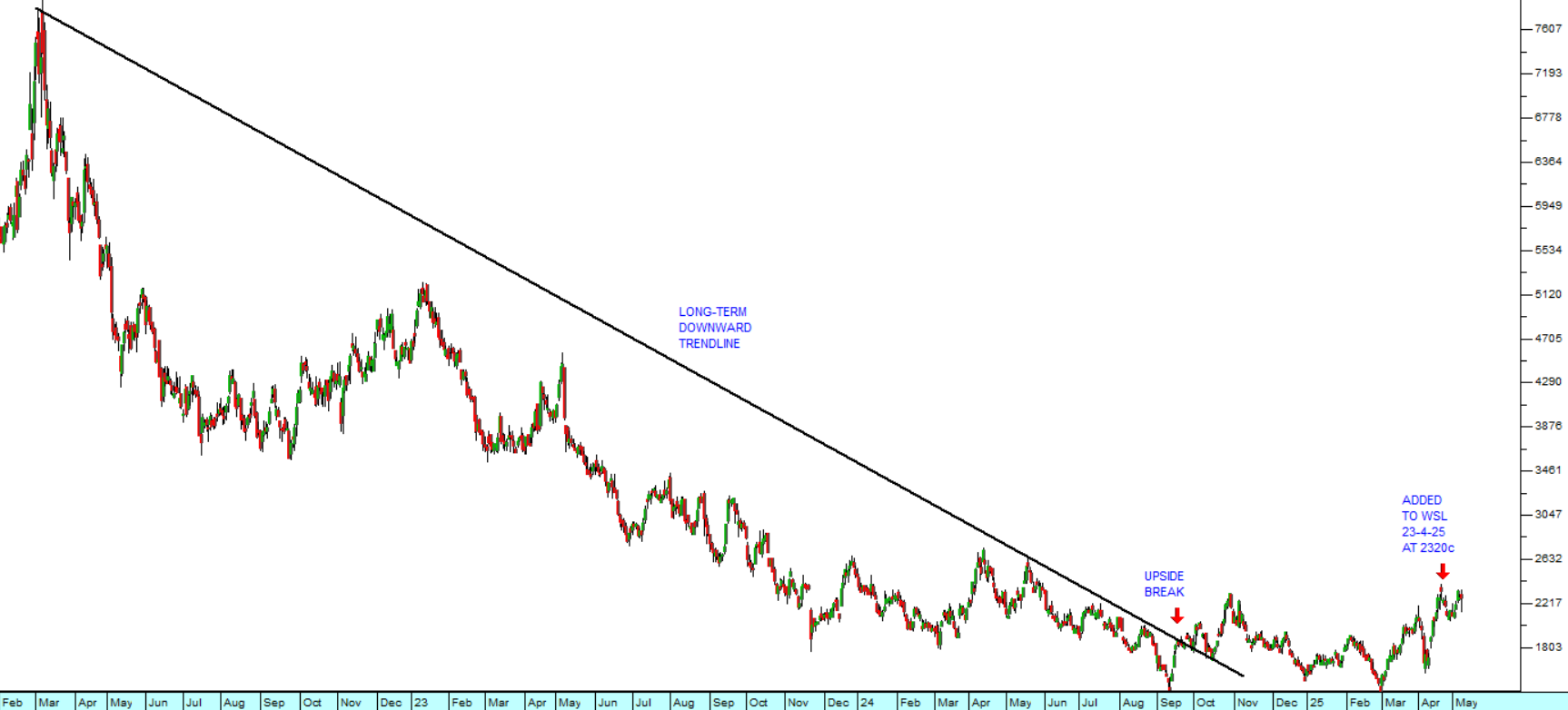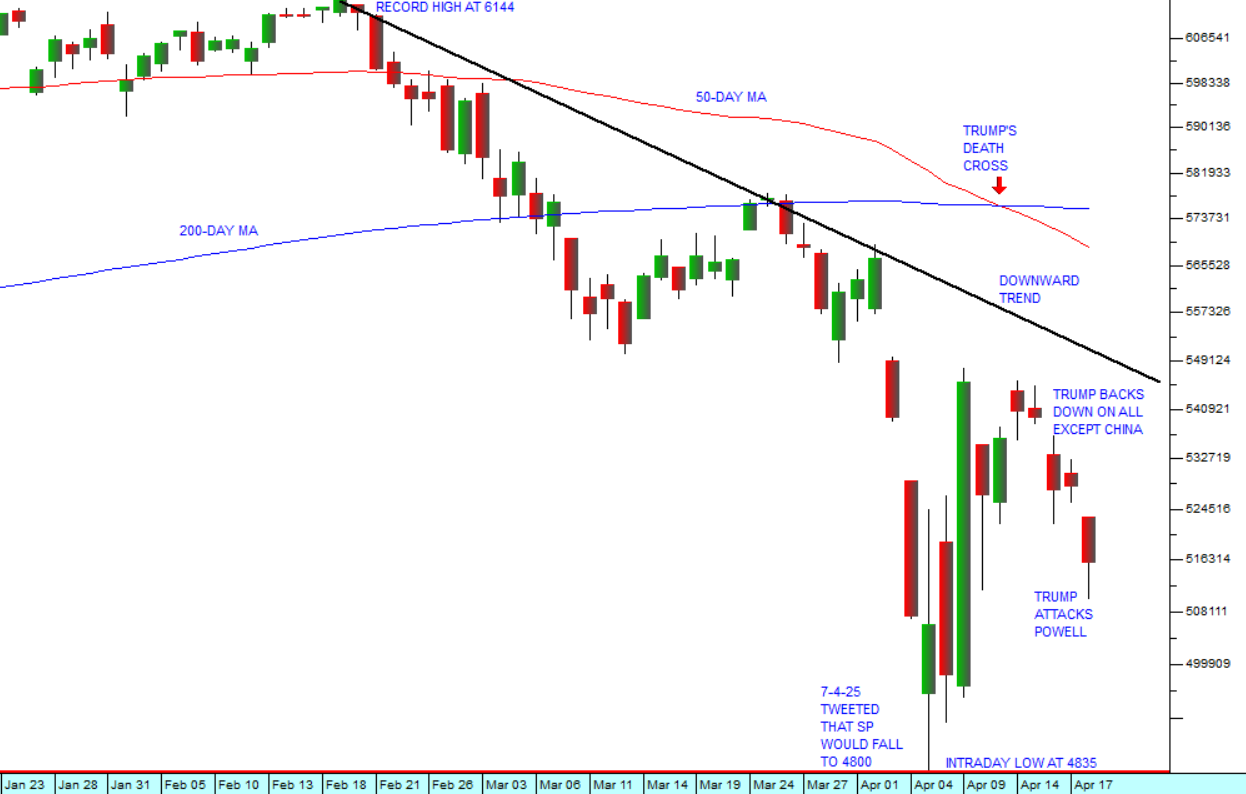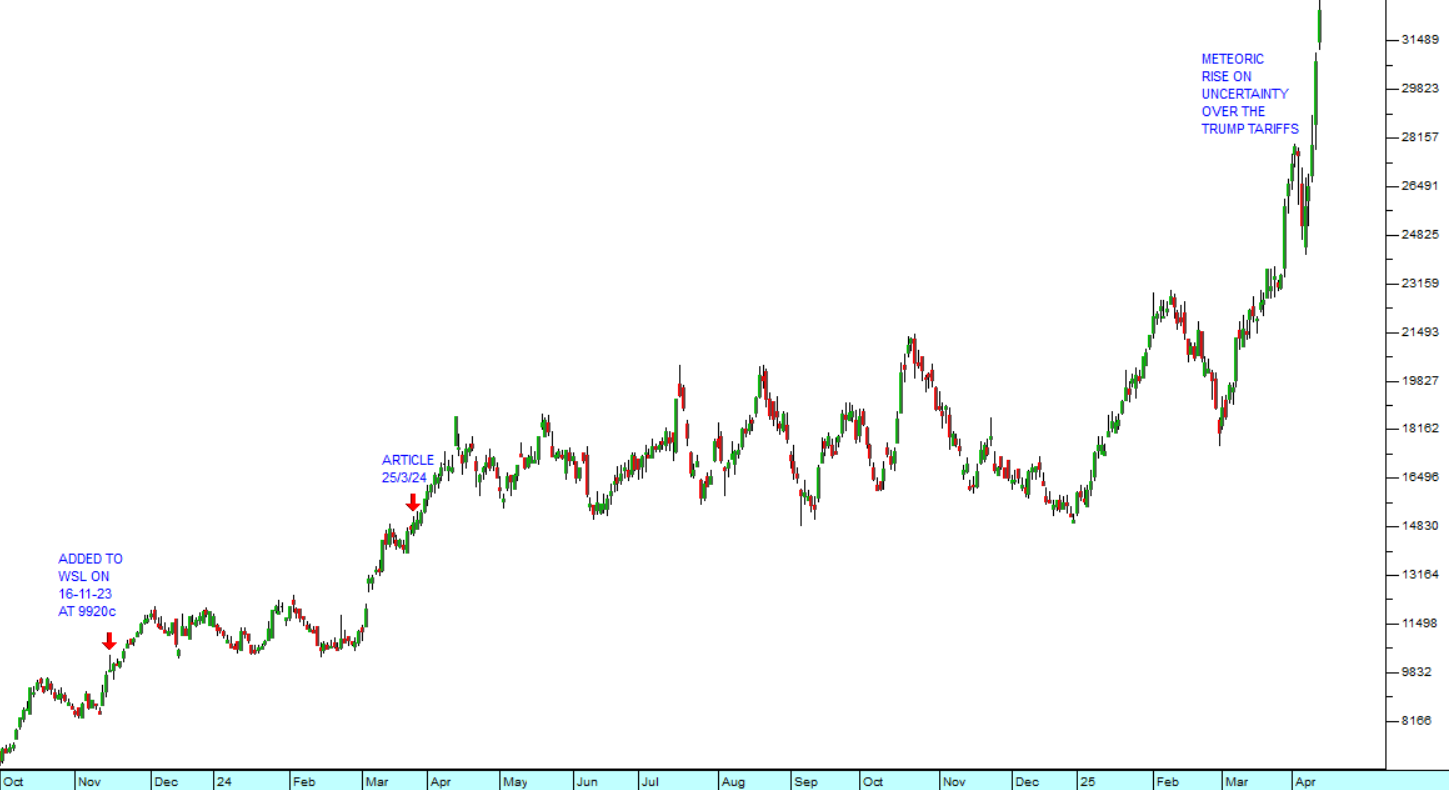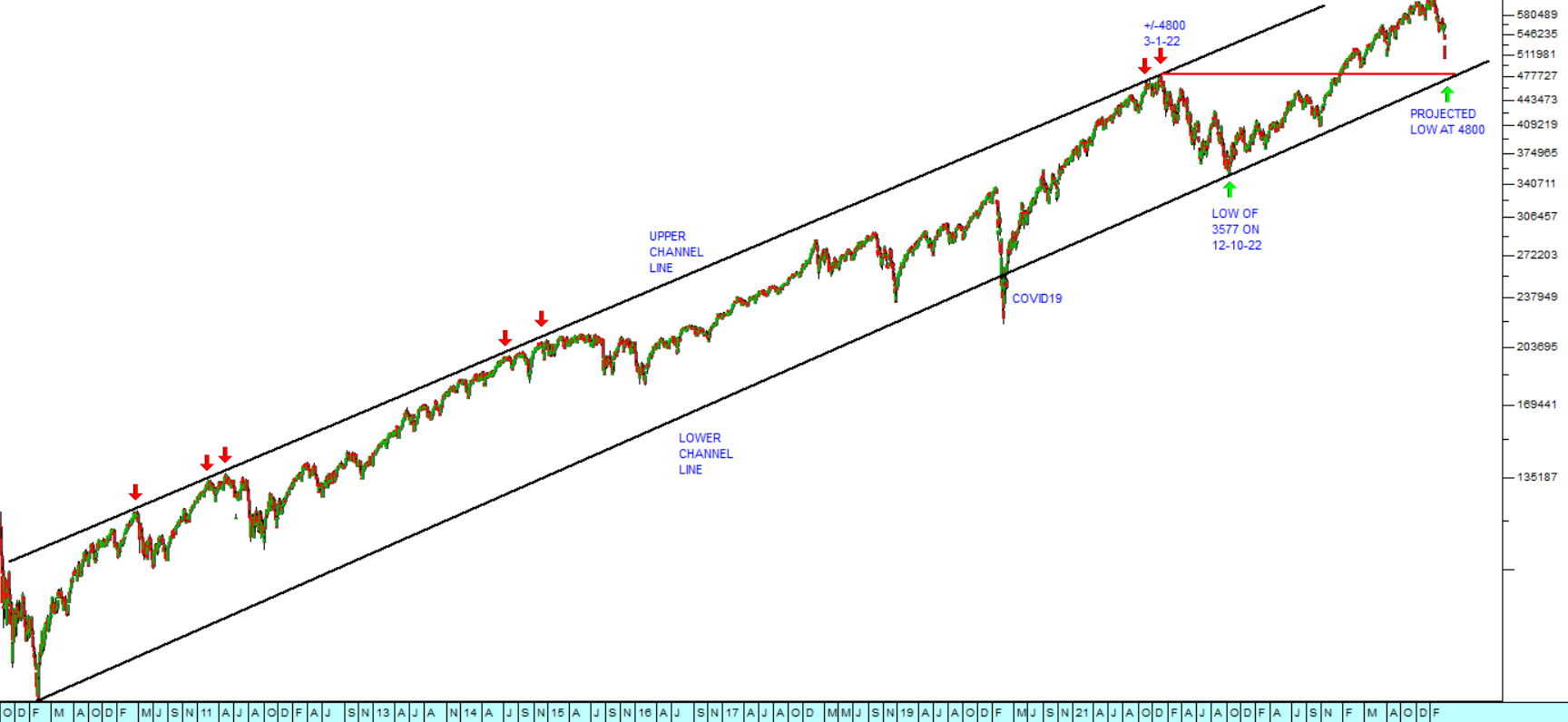7 May 2019
By PDSNET
One of the most important issues when selecting a share for investment is to try and assess how easy the business is to run. Some businesses are very easy to run, while others face enormous difficulties. When you are considering whether to add a particular share to your portfolio you should try to place on a scale from easiest to hardest.
The hardest businesses to run are those which:
- Require huge capital investments in plant and equipment (which, of course, makes them more risky);
- Traditionally have high stock levels and large debtors books – leading to massive amounts of money being tied up in working capital;
- Require large numbers of unskilled or semi-skilled workers – which inevitably exposes them to union action;
- Those which have little or no “annuity income". In other words, they start every month from zero and have to make sales just to cover their monthly overheads.
By contrast, the easiest businesses to run are those which:
- Require minimal capital and have very little invested into fixed assets;
- Require little or no working capital because customers traditionally pay upfront for their product and which do not need large amounts of money tied up in inventories;
- Have relatively few highly skilled employees who are generally not unionised;
- Receive most of their income every month in the form of annuity income so that their overheads are already paid when they open their doors are the beginning of the month.
From this you can see that the easiest companies to run are almost always in the service industries. They typically offer a product or service which is substantially electronic and heavily computerised. Such companies usually receive most of their monthly income in the form of a “debit order” and so do not generally have a debtors book. They also usually do not need to maintain large stock levels which can become obsolete or deteriorate over time.
Obviously every business has its challenges, but it is a whole lot easier to manage a company like Cartrack (CTK) than it is to manage a business like Astral (ARL). Both are good, profitable businesses, but the one places a great deal more emphasis on quality management than the other.
In the chicken business, massive amounts of capital need to be invested into land, buildings, plant and equipment in order to achieve the economies of scale necessary to be profitable. The business requires large numbers of semi-skilled and unskilled workers most of whom belong to a union. The company has to allow its customers at least 30 days credit from the time of purchase – which means that they are constantly managing a debtors book. Their stock is subject to periodic bouts of Newcastle disease or avian flu which can require the culling of its entire flock and it has to face fierce competition from cheap chicken being dumped onto the South African market by the Brazilians and Europeans.
By contrast, Cartrack’s overheads are more than covered by its existing debit orders which are just credited to its account automatically at the end of every month. Any sales which it makes go directly to the bottom line. They have very little cash tied up in stock but they can still make their creditors wait for 30 days before they have to pay – so in effect they are close to having negative working capital.
These examples are at the two extremes, but other businesses have some of Astral’s problems but not all. For example, the grocery industry obviously has an enormous amount of capital tied up stock and it employs a substantial labour force which is highly unionised. But it is not plagued by dumping or by rapid deterioration of its stock. In addition it can run its creditors out for a lot longer than 30 days because of its massive turnovers.
In the education business (Curro, Advtech, Stadio and others) people traditionally pay for their children's education in advance, but the business does require large amounts of capital to be invested in schools.
So when you are looking at a company, ask yourself how much exposure it has to working capital and whether it is subject to union action – because these difficulties will certainly require very high quality management. That might lead you to consider management more carefully. The differences between management at Pick ‘n Pay and other retailers are quite evident at the moment.
You would also expect that those companies which are the hardest to manage would trade at lower earnings multiples (PE ratio) because of their inherent risk.
DISCLAIMER
All information and data contained within the PDSnet Articles is for informational purposes only. PDSnet makes no representations as to the accuracy, completeness, suitability, or validity, of any information, and shall not be liable for any errors, omissions, or any losses, injuries, or damages arising from its display or use. Information in the PDSnet Articles are based on the author’s opinion and experience and should not be considered professional financial investment advice. The ideas and strategies should never be used without first assessing your own personal and financial situation, or without consulting a financial professional. Thoughts and opinions will also change from time to time as more information is accumulated. PDSnet reserves the right to delete any comment or opinion for any reason.
Share this article:

